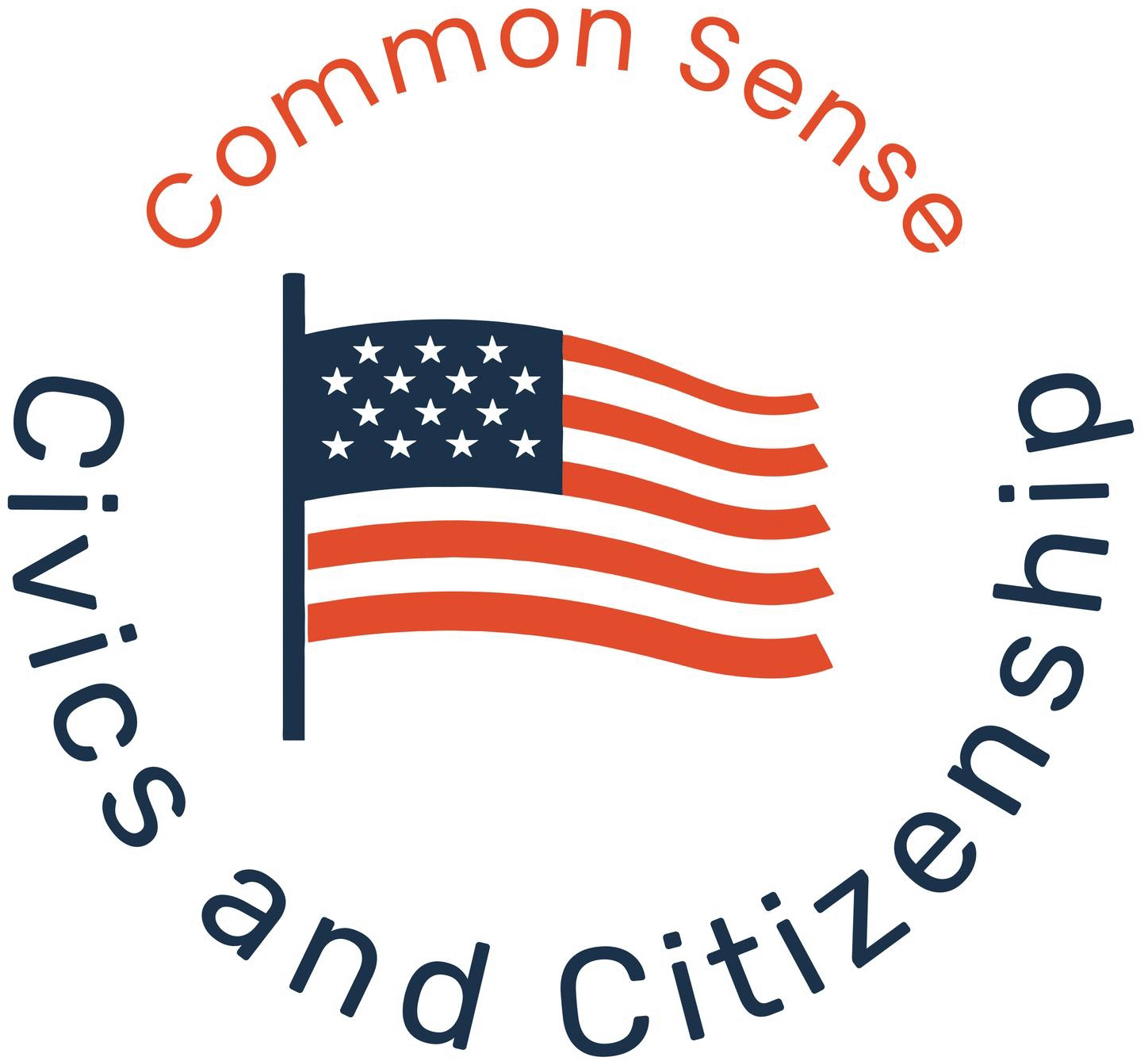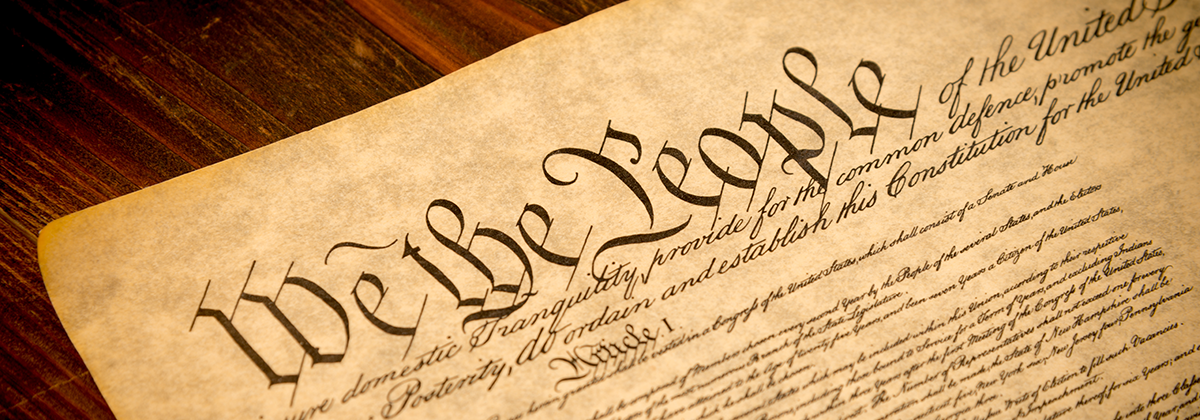When storms hit our nation or major protests erupt, who shows up to protect our communities? Our National Guard is uniquely positioned as both a state‑controlled force and a federal reserve. Let’s dispel some common misconceptions. One of my students’ questions will serve as a springboard for our discussion.
Why the No Kings Talk Matters
My Jr. High civics class and I were discussing what the No Kings protests were about. The dialogue went something like this:
Teacher (me): “We have never had a king in our country. Kings are anointed and rule over their subjects. The President of the United States is elected by We the People. We are not subjects. We are citizens.”
Twelve-year-old student: “My dad says the president is a dictator because he is sending the army into the states.”
Teacher: Article II of the Constitution (which we have studied briefly) says this: “The executive power shall be vested in a President of the United States of America.” It does NOT say the executive power of our government is invested in the president and the governors. The president is the chief law enforcement officer of our country. It’s his job to protect We the People. The president is saying to certain states (ours being one of them), “If you will not use your state executive power to protect our citizens from illegal and unlawful activities and harm, the national government will.”
Next, my class will pick up this discussion by focusing on the role of the National Guard. Many adults do not understand the Guard’s role, so let’s review it.
The National Guard Explained
The National Guard has regular jobs and is generally under the control of its state. They train one weekend per month and for anywhere from two to four weeks per year, all the while maintaining the same standards as active-duty military troops.
The state’s National Guard troops can be federalized temporarily by the president for reasons such as:
-enforce federal laws (like school desegregation)
-major emergencies (like hurricanes or severe, paralyzing floods or snowstorms)
-overseas wars (like during the Iraq War).
-national protests or riots (like with deportations of illegal, undocumented criminal immigrants)
The National Guard’s motto is “Always Ready, Always There.” The state or nation may call them to serve on a moment’s notice or give them time to prepare for deployment, depending on the circumstances.
Roles to Remember
The National Guard is state-supervised but can be federalized temporarily, whether the state governor agrees or not. It is, after all, the National Guard.
The president is the Chief Executive of the United States and can call up the Guard to serve in certain situations involving American laws or interests.
The National Guard is a key part of our national defense strategy. The Guard protects our homeland, serves as an additional reserve for the Army and Air Force, and helps communities when natural or man-made disasters strike.
Knowing who commands the National Guard—and why—helps us appreciate the balance of power that protects both our states and our nation. Remember: Always Ready, Always There.
Do you have a National Guard story to share with us? Join the conversation! https://www.facebook.com/commonsensecivics
This is Common Sense Civics and Citizenship.🇺🇸


